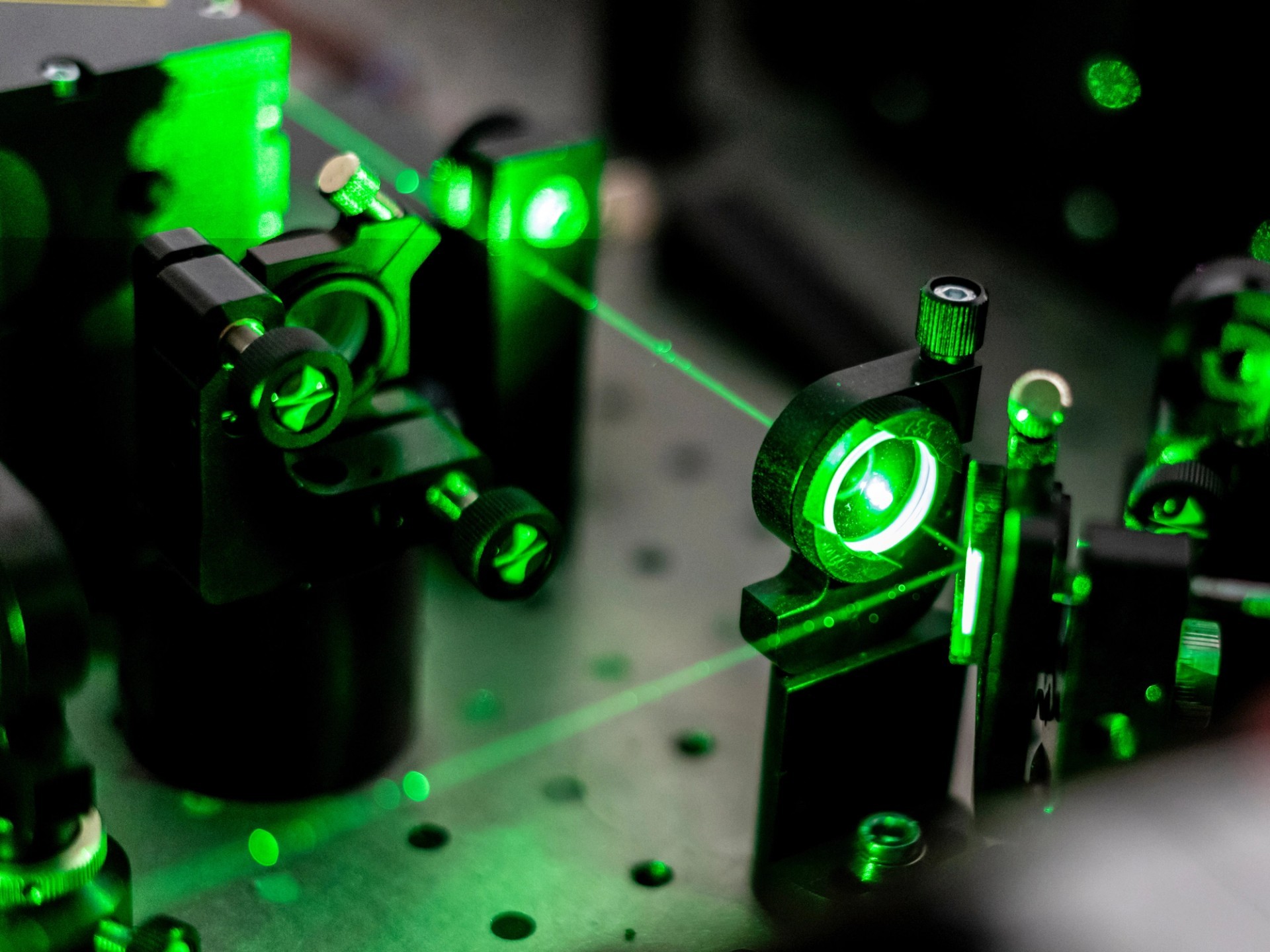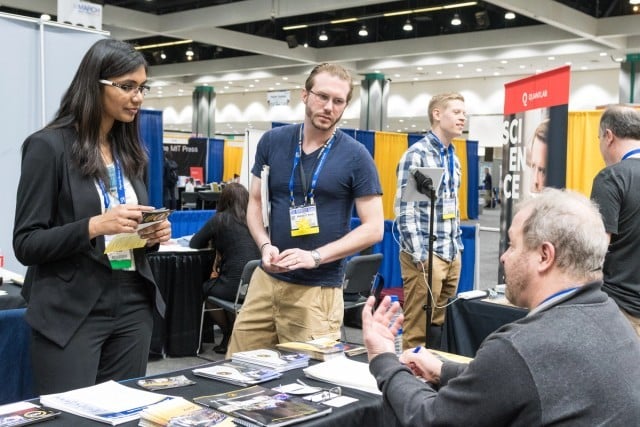Exploring Physics in Middle and High School

Do physicists find jobs? What do they do?
Often when people think about physicists, they picture Einstein or someone teaching a physics class in a university. However, the truth is there are physicists everywhere, often working in the places you'd least expect.
APS has put together a library of profiles featuring physicists working in a variety of jobs — everything from comedy writing to walking in space! Each profile includes information on the person's current job, what they like and what they find challenging about their profession, and how they got where they are today.
We also have career options that tell you about the most common career paths for physicists, and provides information on what a typical day in that profession is like, what education you need to get there, and even how much each job pays!
Take math
Enroll in all the pre-algebra, algebra, advanced algebra, and pre-calculus courses your school has to offer. A good, strong background in math will help you tremendously in a physics career.
Read physics
Read books by well-recognized physicists, such as:
- The Elegant Universe, by Brian Greene
- A Brief History of Time, by Stephen Hawking
- Flying Circus of Physics, by Jearl Walker
Reading these books and others about the lives of these physicists will spark your interest in the fascinating world of physics.
Do the science
Physics can be a lot of fun. Get involved in science fairs and other extra-curricular science activities. Expose yourself to as much science as possible. Do your own experiments. You'll discover the areas of physics that really excite you.
Find a mentor
Find someone you can talk to about physics and what interests you. Mentors can answer questions about your experiments as well as career decisions. Talk to a teacher, professor, or graduate student. Start at your school, but also check the physics departments at local colleges and universities.



